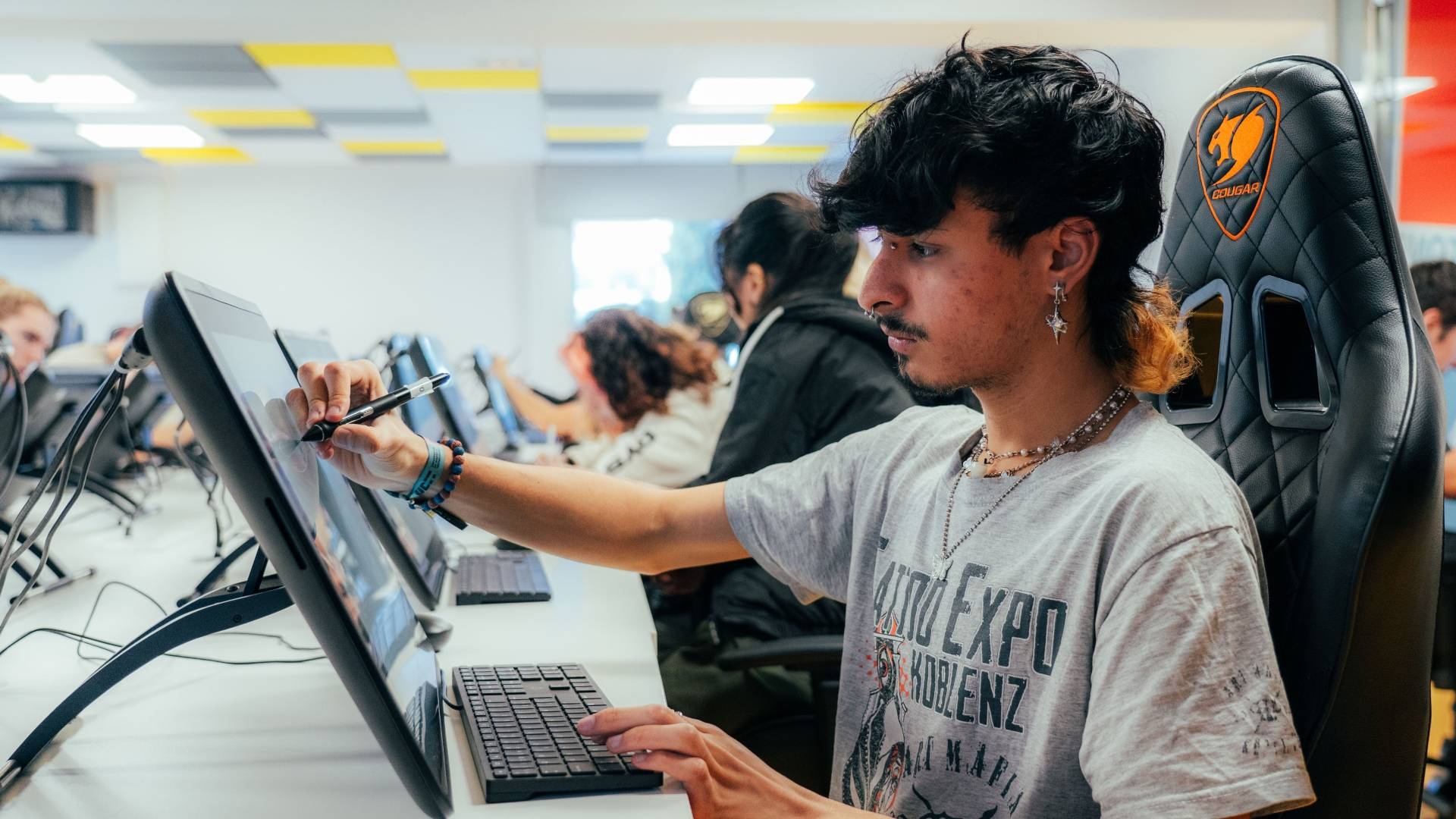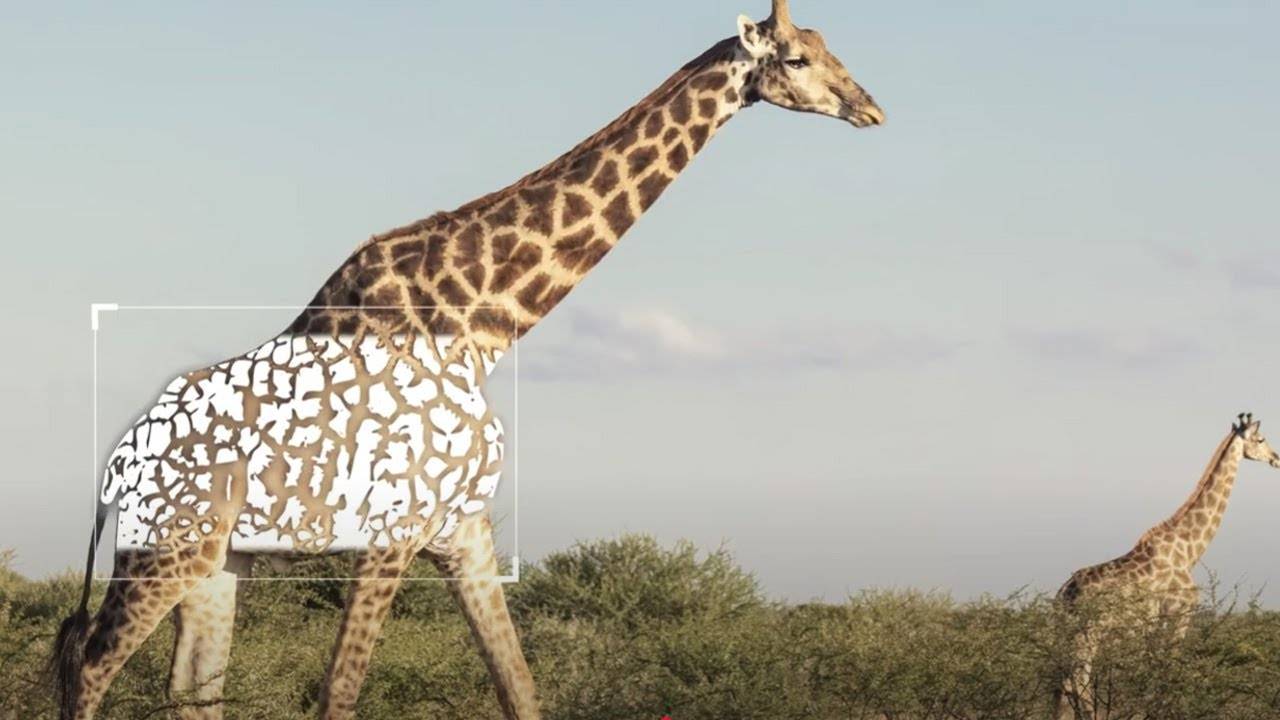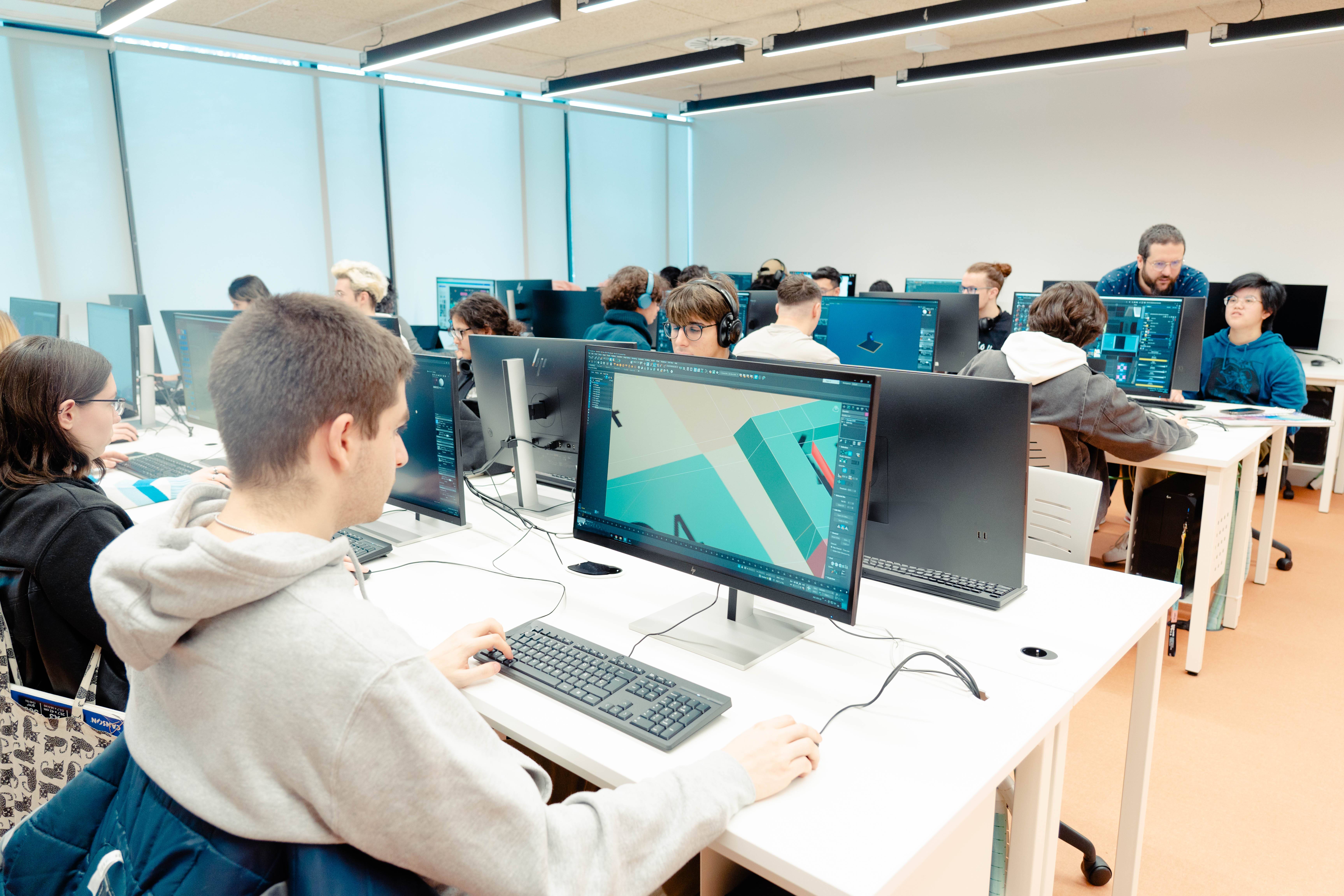What are the alternatives if I don't want to study for a university degree?
If you don't want to study a university degree and you are looking for a more practical training that will allow you to enter the labour market within two years, you can study a Higher Level Training Cycle. Do you know how to access and what training offer we have at UDIT?
Entry requirements for Higher Level Training Cycles
In order to access the Higher Level Training Cycles, you must meet at least one of the following requirements:
- Holding a Baccalaureate degree.
- Entrance exam to CFGS or University entrance exam for those over 25 / 40 / 45 years old.
- Holding the title of Specialist Technician or the title of Higher Vocational Training Technician.
- To be in possession of a Vocational Training Intermediate Technician Degree.
- To be in possession of a University Degree.
What is UDIT's training offer?
UDIT (University of Design, Innovation and Technology) is the first VET (Vocational Training) centre specialising in Design and Technology, offering higher level training courses such as3D Animation, Games and Interactive Environments, Multiplatform Applications Development, Web Applications Development and Networked Computer Systems Administration.
What are you going to learn in the CFGS in 3D Animations, Games and Interactive Environments?
The Higher Level Training Cycle in 3D Animation, Games and Interactive Environments at UDIT is a 2-year, 2,000-hour training course that will allow you to enter the Animation and Video Games industry. During two courses you will learn with alearning by doing methodology and focused on the labour insertion by creating and designing your own games and virtual interactive experiences, as well as your portfolio.
During the first year of the course, you will learn in a practical way and without previous knowledge, the basics of artistic drawing, which will help you to continue the course in digital drawing, and apply this knowledge to two-dimensional animation. You will begin to work with a 3D environment, making modelling, textures and animations, you will see the basics of programming, making 2 video games throughout the course. At the same time, you will startyour job placement by creating your own portfolio .
During the second year, you will delve into 3D modelling and animation techniques and create a 3D video game. You will also learn digital sculpture, editing and post-production techniques and 3D rigging. Finally, you will develop your final project at the same time as you complete your training in a workplace specialising in your preferences as a professional.
- Interview with three alumni about their Final Project: https://youtu.be/4Amo0ZG9sH8?si=WVLo8a74JjX6b_5N
- Interview with three alumni about their CFGS Degree Project - 3D Animation, Games and Interactive Environments: https://www.youtube.com/watch?v=Ms_LxRRUiIc
Is it necessary to have previous specific training?
All our CFGS start from scratch, soyou don't have to take a specific type of baccalaureate.
Due to the typology of our degrees, it is usually advisable to take a baccalaureate in arts or science and technology.
In no case should you worry about your previous training when it comes to getting the most out of our degrees.
CFGS in 3D Animation, Games and Interactive Environments
You will be trained at the leading university in higher education in Video Games, being the first to offer the official degree in Video Game Design and Development and a fundamental part of the video game sector .
UDIT is an associated centre of PlayStation Talents Academy, member of DEV (Spanish Video Game Development) and AEVI (Spanish Video Game Association), founding partner of the Madrid Video Game Cluster, Unreal Academic Partners and sponsors of the Spanish eSports team FEJUVES.
Our learning by doing method works: our students in the Videogames Area have won more than 76 awards in prestigious competitions such as PlayStation Awards, Fun&Serious, Indie Developer Burger Awards, Game Daily Connect USA, HackSTEM, IMGA, Jam Madrid Crea, Hack for Good, among others.
Our classrooms have trained students such as Diego Perea, 3D modeller at Room 8 Studio; Serena López, 3D modeller at Secret 6; Guillermo Rodríguez, 3D modeller at Gaya-Simulations; Pablo Bueno, freelance modeller, among many others.
At the University of Design, Innovation and Technology you can live unique experiences and develop your talent by participating in masterclasses and workshops with professionals and companies from the sector, events and fairs such as Gamergy, Jam Madrid Crea, NY Games for Change, GameLab, Hack for Good, etc.
- We interview Jorge Fernández: https://www.youtube.com/watch?v=Cw6DKNby32Y
- The videogame studio where some UDIT students work: https://www.youtube.com/watch?v=toPi_zPnhEw
- Projects of our students from two of our Degrees: https://www.youtube.com/watch?v=l4ibrCHQaRo
- UDIT at the Bilbao International Games Conference 2023: https: //www.youtube.com/watch?v=e48jx14zXHY
HND: Higher National Diploma
The HND (Higher National Diploma) is an official qualification that belongs to the British university education system and is internationally recognised. Its equivalence is equal to 120 ECTS credits (European Credit Transfer System).
Its main attraction lies in the fact that it adds value to your CV, allows you to improve your university recognition and even offers you the possibility of doing a third year in the United Kingdom and obtaining a Bachelor of Arts, the British equivalent of an Official University Degree.
This complementary training can be oriented towards the area to which the Higher Level Training Cycle belongs and you can take it in parallel to the two years. At UDIT, you will be able to complete your training in 3D Animation, Games and Interactive Environments with an HND in Game Development, a theoretical and practical training that covers everything from 3D art to game programming. In addition, you will also receive a UDIT-approved qualification in Video Game Design and Production.
DO YOU WANT TO KNOW MORE ABOUT THE HND?
Find out more
3D Animations, Games and Interactive Environments.









